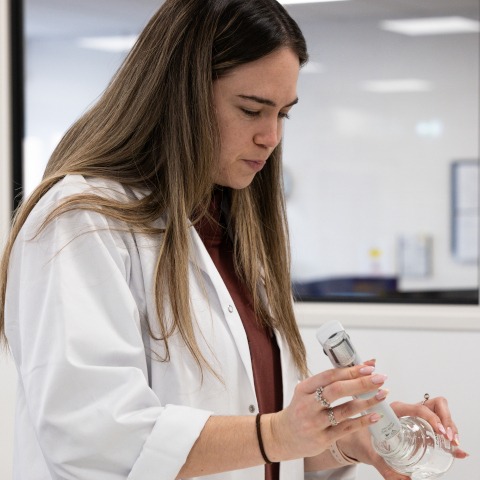As you are probably aware, there is a global issue in the supply of blood collection tubes leading to the NHS reviewing non-essential monitoring through blood tests to ensure a reduction in non-clinically urgent testing.
Business as usual
The use of blood analysis for alcohol abuse can be critical in family law cases and may be court ordered. We would therefore like to reassure all clients that at the time of writing we are able to continue to collect blood samples using collection tubes. These include:
- Carbohydrate-deficient transferrin (CDT), an alcohol biomarker test.
- Liver function tests (LFT), a medical test used to help assess the health of the liver.
- A Full Blood Count (FBC), a medical test used to assess the general health of an individual.
Benefits of PEth testing
While we continue to offer venous collection samples, I would like to take this opportunity to remind family law practitioners about the benefits of PEth testing, which is particularly effective for detecting chronic and heavy drinking in critical settings, such as the monitoring of child custody.
Collecting blood spots rather than a vial
At Cansford, PEth requires only a few drops of blood in the form of ‘dry blood spots’ that are taken for analysis. This presents a kinder alternative for the donor and no collection tubes are needed.
Court ordering
When a test is court ordered, or for consistency of an on-going monitoring situation that has been started using CDT, LFT or FBC testing, please continue to instruct us for these tests. For new alcohol monitoring cases, where a court order has not specified CDT, LTF or FBC tests, please do consider a PEth test.
If you would like to discuss your case or need any advice for the above, please do not hesitate to contact us.
Ends
Notes for editors:
For more information email Alex Swann – Alex.Swann@cansfordlabs.co.uk




